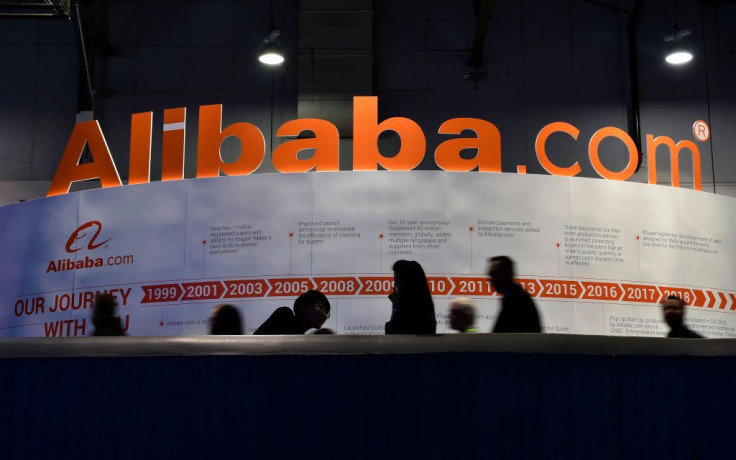Alibaba Shareholders Approve Stock Split Ahead Of Hong Kong IPO

A stock split overwhelmingly approved by shareholders of Alibaba Group Holding Ltd. on Monday makes it more likely the e-commerce giant will go ahead with its Hong Kong listing while arming itself with funding to venture into new businesses.
Alibaba shareholders voted to approve a one-to-eight stock split, which will increase the number of shares at a lower price. More importantly, Alibaba said the stock split will also “increase flexibility in the company’s capital raising activities, including the issuance of new shares.” The split must come into effect before July 15, 2020.
Analysts said there are several reasons companies do stock splits. One is to increase the number of shares to attract new investors. Another is to lower the price of each share if the company feels the price is becoming too high.
The much larger number of shares now available means a potential secondary listing in Hong Kong is all but certain. Alibaba is already listed in New York after going public in 2014. The company thus far has refused to confirm a Hong Kong listing, however.
When Alibaba went public in the New York, it priced its shares at $68 apiece. Alibaba shares closed $174.19 on Tuesday.
Alibaba could be thinking about an IPO sooner rather than later since the firm isn’t getting “favorable multiples” in New York, according to Gil Luria, director of research at D.A. Davidson Companies, an employee-owned financial services holding company based in Montana.
Luria also said the U.S.-China trade war might lead to “scrutiny” of Alibaba’s New York listing, raising fears of another Huawei episode.
“I’d say there is a sense of urgency, the stock split appears to be a step in the direction of getting that Hong Kong listing,” Luria told CNBC.
“I’d expect it relatively soon, given that Hong Kong has lifted the restrictions that originally encouraged Alibaba to list in New York.
Alibaba chose New York over Hong Kong in 2014 because the latter’s rules back then wouldn’t allow Alibaba’s dual-class share structure that gave company founders and insiders more control over the company. Hong Kong Exchanges and Clearing, the company that runs the Hong Kong stock exchange has since changed those rules, paving the way for Alibaba’s secondary listing.

© Copyright IBTimes 2024. All rights reserved.





















